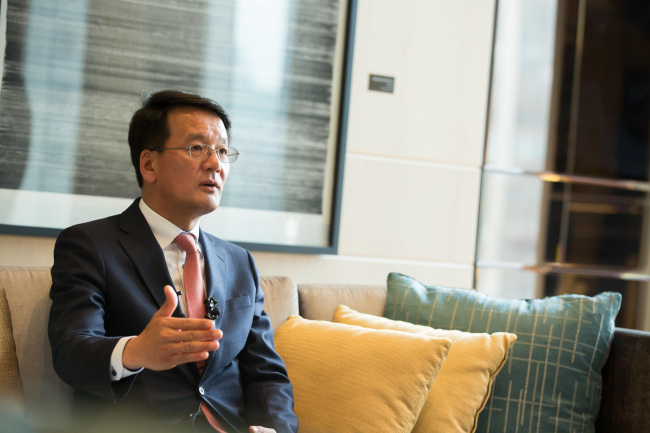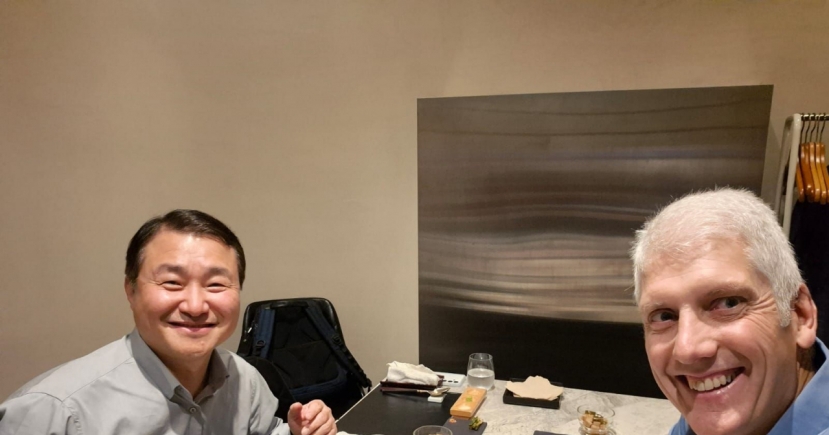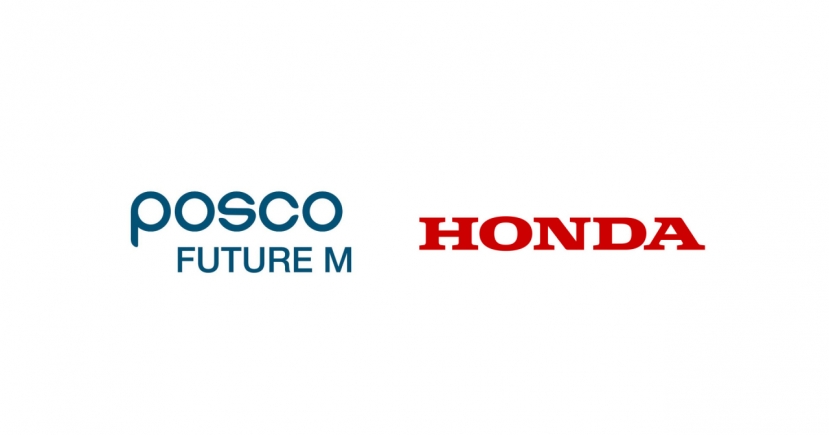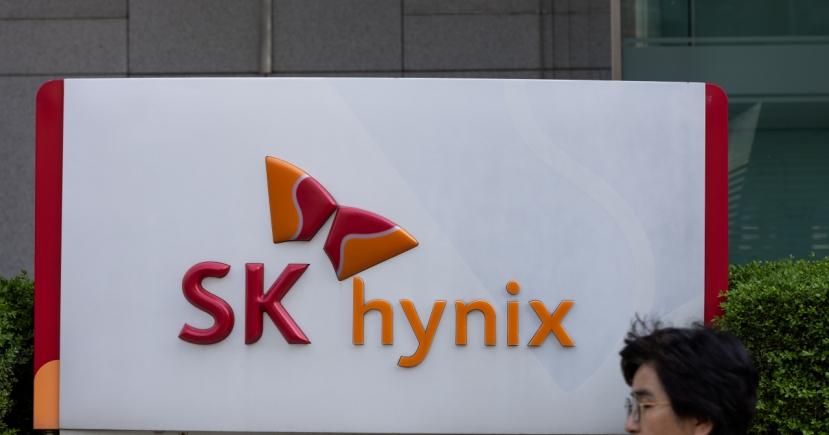Bio
Celltrion CEO denies inflating earnings
[THE INVESTOR] Celltrion CEO Kim Hyoung-ki has refuted a recent Deutsche Bank note that criticized the biosimilar maker for inflating earnings, arguing that there is nothing wrong in calculating research spending as assets.
“We have nothing to hide. We have long considered R&D spending as intangible assets,” Kim said in an interview with local daily JoongAng Ilbo. “If there have been any wrongdoings, our biosimilar drugs could not have been approved by US and EU authorities, not to mention the IPO of Celltrion Healthcare.”
 |
Celltrion CEO Kim Hyoung-ki |
Deutsche Bank on Jan. 18 pointed out Celltrion’s accounting “errors,” saying its operating margin in 2016 could have been lowered to 35 percent from 57 percent without considering R&D costs as assets.
Following the memo, shares of Celltrion -- one of the hottest stocks last year after the success of its biosimilar drugs in the US and Europe -- have been on a rollercoaster ride in recent weeks.
Fueling investor worries, Korea’s Financial Supervisory Service on Jan. 28 hinted at a large-scale audit to look into the accounting practices within the pharmaceutical and biotech industries.
Under the International Financial Reporting Standards, R&D expenditures can be considered as assets if the future benefits such as technological feasibility are proved enough. But due to the difficulty of determining the costs applicable to future benefits, many companies calculate research spending as costs.
“Unlike new drug development, trial success of biosimilars can be gauged by comparing the material and structure with the original drugs,” he said. “We also develop new drugs like flu treatment. In this case, we calculate the research spending as costs.”
Celltrion and its marketing unit Celltrion Healthcare have been embroiled in accounting scandals for years. In June last year, the country’s bourse operator issued a warning to Celltrion Healthcare for overcalculating earnings from one of its drug Truxima, by 8 billion won (US$7.01 million) in 2015. Investors have been calling for increased transparency of the company’s inventory level of unsold drugs and profit-sharing structure with Celltrion Healthcare.
By Park Han-na (hnpark@heraldcorp.com)








